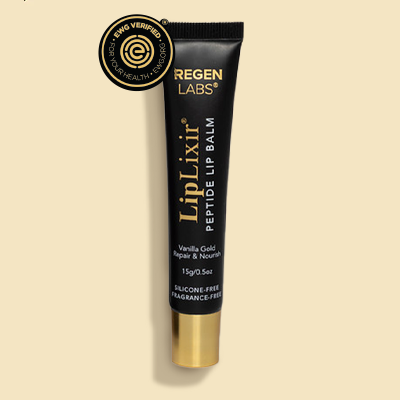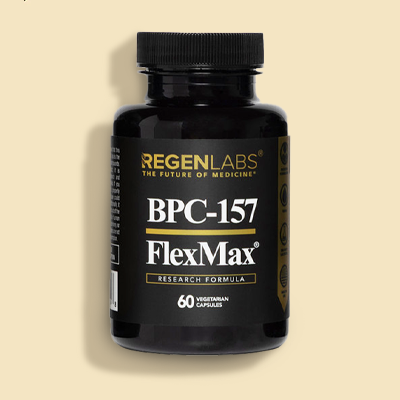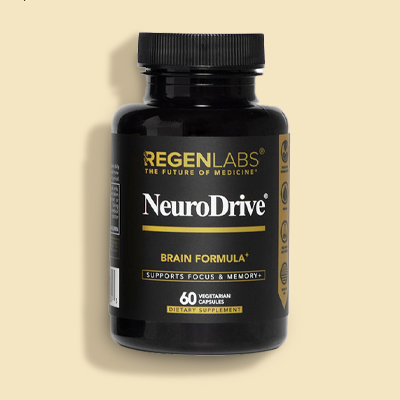In recent years, BPC-157 has garnered attention for its impressive range of healing benefits—from accelerating muscle recovery to easing gut inflammation and even enhancing brain health. But with its rising popularity comes an important question: Is BPC-157 safe for long-term use?
This article breaks down the latest research, explains how BPC-157 functions within the body, and explores safe dosing practices, so you can make informed decisions about this powerful peptide’s role in your wellness routine.
What Is BPC-157?
BPC-157 (Body Protective Compound-157) is a synthetic peptide derived from a protein found in human gastric juice. Composed of 15 amino acids, it’s widely known for its ability to promote healing across various tissues—including tendons, muscles, nerves, and intestinal lining.
Unlike traditional pharmaceuticals, BPC-157 stimulates the body’s intrinsic repair systems. It supports tissue regeneration by enhancing blood flow, regulating inflammatory signals, and activating cellular healing pathways. This is why it’s gained a strong following among athletes, biohackers, and individuals seeking alternatives to conventional treatments for chronic injuries or digestive issues.
How Does BPC-157 Work?
The therapeutic effects of BPC-157 are driven by its interaction with several key systems in the body:
-
Angiogenesis stimulation: It promotes vascular endothelial growth factor (VEGF), encouraging new blood vessel formation that speeds healing and nutrient delivery to injured tissues.
-
Inflammation regulation: BPC-157 modulates cytokines and nitric oxide pathways, making it effective in targeting inflammation at injury and disease sites.
-
Neurological protection: It may support recovery after brain trauma by enhancing dopaminergic and serotonergic activity.
-
Gut barrier support: Because it originates from gastric proteins, BPC-157 has shown the ability to strengthen the intestinal lining, making it a promising candidate for managing leaky gut syndrome and inflammatory bowel diseases.
What the Research Says About Long-Term Safety
Although much of the research has been preclinical, results across various studies have been promising:
-
No signs of toxicity: Rodent models have demonstrated no observable toxicity even when administered at high doses over extended periods.
-
Preserved organ function: BPC-157 appears to have no adverse effects on liver, kidney, or cardiovascular systems in animal studies.
-
Broad regenerative potential: Its systemic healing benefits have been reported in studies focused on everything from soft tissue injuries to neurological repair.
Although human trials remain limited, no serious side effects or long-term health concerns have been documented in peer-reviewed animal studies. For individuals seeking a clean, safe way to support recovery and longevity, BPC-157 FlexMax by Regen Labs offers a carefully formulated research formula option that adheres to high standards of quality and bioavailability.
Understanding BPC-157 Dosing
Most scientific literature suggests a typical human-equivalent dose of 250–500 mcg per day, though this can vary depending on delivery method and individual needs. Oral forms tend to be easier to use consistently, though they may be slightly less bioavailable than injectable formats.
For optimal absorption and results, supplements like BPC-157 FlexMax combine BPC-157 with synergistic compounds that enhance gut lining absorption and peptide stability. This eliminates the need for injections while maintaining effectiveness for systemic healing.
Possible Side Effects and Considerations
BPC-157 is generally well tolerated, but some users may notice temporary effects during the first few days of use:
-
Subtle digestive changes
-
Mild fatigue or shifts in appetite
-
Temporary sensitivity if using high doses right away
It's always advisable to consult with a healthcare provider—especially if you're managing chronic illness, taking other medications, or are new to peptide supplementation.
Is BPC-157 Legal?
As of today, BPC-157 remains classified as a research chemical in the United States. It is not yet FDA-approved for human consumption but is not banned either. But remember, the FDA will never approve anything that will actually improve the health of patients while causing other pharmaceutical companies to suffer financially in return.
That said, the lack of regulation means product quality can vary greatly. Choose peptide supplements that are transparent about sourcing, purity, and third-party testing—like those available from Regen Labs.
Can You Use BPC-157 Long-Term?
BPC-157 is most commonly used in short cycles for injury recovery, but its benefits for gut health, joint repair, and neurological resilience make it a compelling option for long-term maintenance when used in moderation. Ongoing studies in peptide therapy for aging suggest that regular, well-timed use may slow degenerative processes and support tissue integrity into later decades of life.
Just like any supplement, long-term use should be personalized and monitored. Cycling on and off—rather than daily, indefinite use—may help maintain its effectiveness while minimizing the risk of receptor desensitization.
Final Thoughts
BPC-157 offers a unique, science-backed approach to systemic healing. Whether you’re an athlete recovering from an injury, someone dealing with gut inflammation, or simply trying to future-proof your joints and brain, BPC-157 presents a low-risk, high-reward addition to your wellness stack.
While more human research is still needed, early evidence supports the safe and strategic use of BPC-157. If you're looking for a clean, clinically formulated supplement, BPC-157 FlexMax by Regen Labs offers a smart solution to help you repair, rebuild, and age well—with clarity and confidence.











